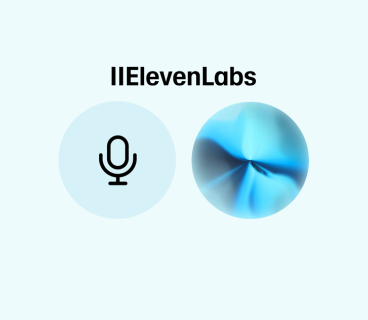The popular legal AI tool, Harvey, will no longer rely solely on OpenAI's models. In a blog post, the company announced that it will now also utilize advanced foundation models developed by Anthropic and Google. This move is seen as a significant win for OpenAI’s main competitors.
Interestingly, Harvey is one of the first companies supported early on by the OpenAI Startup Fund, a venture designed to invest in startups building products on OpenAI’s technology. Harvey was one of the first four companies backed by the fund in December 2022, alongside startups like Descript, Mem, and Speak.
By February 2025, Harvey confirmed its valuation at $3 billion and announced a $300 million Series D funding round led by Sequoia Capital. OpenAI Fund also participated in this round. Despite this, Harvey did not immediately adopt Google models, even though Google Ventures (GV) led the $100 million Series C round in July 2024.
So, what led Harvey to move beyond OpenAI models? Internal "BigLaw" benchmark tests showed that different foundation models perform better for specific legal tasks, sometimes even outperforming OpenAI's models.
As a result, Harvey has decided to leverage high-performing existing models (from Anthropic, Google, etc.) and adapt them for legal use, rather than building its own models. This approach increases efficiency and creates an environment for the development of various AI agents.
For example:
Google’s Gemini 2.5 Pro excels in legal document creation but performs poorly in pre-trial stages like writing oral arguments, due to its inability to fully understand complex evidence rules (e.g., hearsay).
OpenAI’s O3 model excels in such legal tasks.
Anthropic’s Claude 3.7 Sonnet closely follows OpenAI’s O3 model.
Harvey also announced plans to launch a public leaderboard evaluating AI models’ performance in the legal field. The company intends to share not only the models' overall results but also insights and analyses from renowned lawyers, offering a deeper understanding of their strengths and weaknesses.
This move by Harvey presents both an opportunity and a challenge for OpenAI, as the startup they supported is now using competitor models, increasing competition in the field. However, OpenAI’s influence in the industry remains strong.
Harvey CEO Winston Weinberg shared with TechCrunch:
“We’re lucky to have OpenAI as an investor and an important partner. At the same time, we’re excited to expand our model options to better serve our customers’ needs worldwide.”
These developments highlight how rapidly AI is advancing in the legal field, with the integration of multiple AI models becoming increasingly important.







